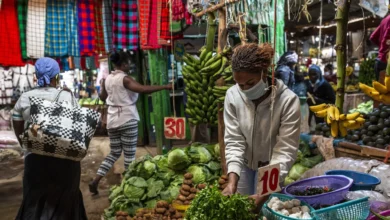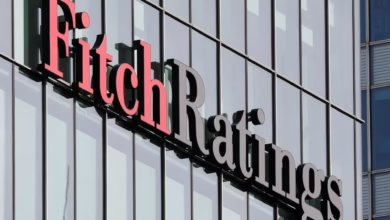
Kenyan government losses more than Ksh.85 billion every year, thanks to illicit brew that has stormed the market due to expensive legitimate brews.
Beer distributors in the country say illicit brews in the county account for 490 million litres that is being consumed every year.
According to Maina Gikonyo, the Managing Director of Rwathia Distributors, this trend is likely to get worse due to the government’s decision to increase excise duty on alcoholic beverages.
The Finance (Amendment) Bill, 2022, which is currently before the National Assembly for consideration, proposes an increase on Excise Duty on beer by 20 percent and on locally manufactured glass by 25 percent.
There is also a proposal to impose a 15 percent Excise Duty on advertisements for alcohol.
“We need the government to decide if their intention is to increase the cost of indulging in what they refer to as “a sin” or maximise tax revenue collections,” said Gikonyo.
The taxes will result in an increase in prices that are likely to drive down demand for legal alcoholic beverages and affect a sector that is yet to recover from the coronavirus effects.
Since the onset of the pandemic on March 13, 2020, the number of alcohol dealers in Kenya has sunk to 32,000 from 40,000 – translating to a loss of Ksh.7.2 billion in personal income.
In 2015, the government increased the tax on sorghum-based beer, destroying a value chain that resulted in the loss of lives when Kenyans could not cop with expensive legitimate liquor.
However, beer distributors have called on legislatures to reconsider the Bill to help them recover from the shocks of the pandemic.
“…we make an appeal to the Executive and the Members of Parliament to reconsider a proposal to increase taxes on three areas that affect our ability to continue doing business and contribute to the Kenyan economy.”





